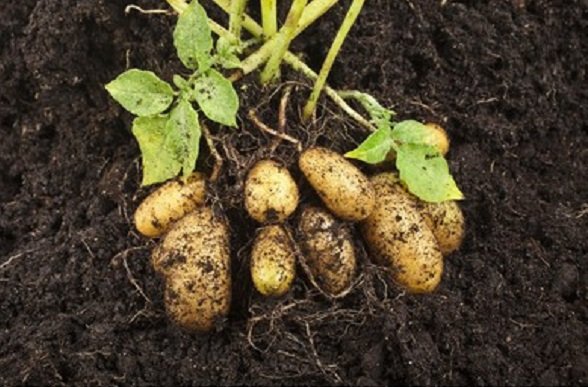IPGA critical of govt’s move on reduced import duty on masoor dal
According to Bimal Kothari, Vice-Chairman, IPGA, the government will lose substantial revenues due to the reduction in the import duty of masoor dal
The government has recently reduced the effective customs duty payable on imports of Masoor Dal from 30 per cent to 10 per cent. The Finance Ministry citing ‘public interest’ said that the move will bring down the retail price of the lentil and boost domestic supply and check rising prices.
Bimal Kothari, Vice-Chairman, IPGA on the government’s move said, “The government shouldn’t have reduced the import duty as prices of lentils aren’t going to soften. It will not benefit any Indian stakeholders except the Canadian farmers, Canadian exporters, Australian farmers, Australian exporters and the multi-national companies.”
He further said, “We will not see the corresponding price reduction of 22 per cent on the prices of lentils. The price of lentils may merely reduce by Rs 1 or Rs 2 and not by Rs 13 or Rs 14. Upon this notification of the government, the Canadian and Australian exporters have already increased the price by $75/80 per MT. This policy is definitely not in the interest of the Indian consumer, the Indian farmer, Indian pulse traders and not even the government. The government will lose substantial revenues due to the reduction in the import duty of masoor dal.”
He added, “A similar policy was announced last year in 2020 and the import duty was reduced from 33 per cent to 11 per cent. IPGA brought to the attention of the Government of India, the demerits of such a policy and after three months it was increased back to 33 per cent. We urge the government not to take such detrimental steps which will severely impact farmers, consumers and trade.”
According to Bimal Kothari, Vice-Chairman, IPGA, the














